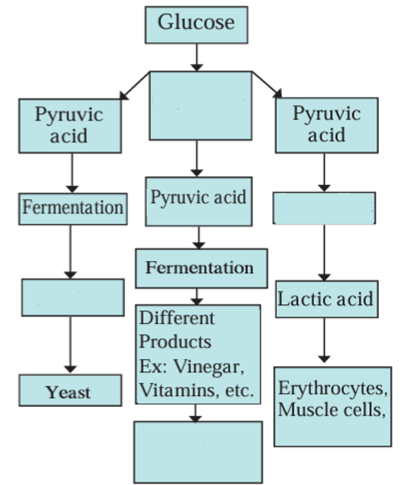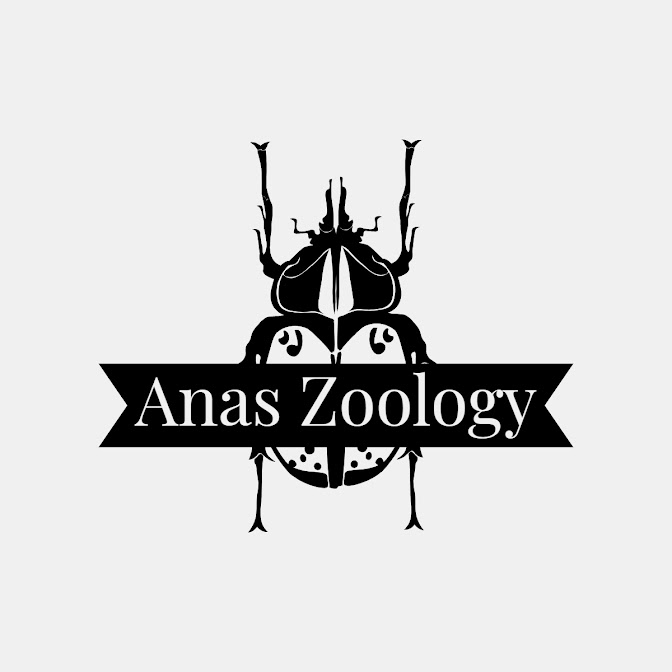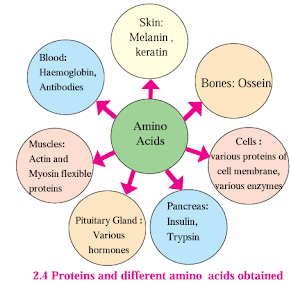Life Processes in Living Organisms I Practice Paper

Practice Paper: Life Processes in Living Organisms I Marks: 20 Q1. Choose the correct option: (5) 1. Conversion of into glucose, occurs through the process of __________. A) Glycolysis B) Krebs Cycle C) Electron Transfer Chain D) Gluconeogenesis 2. Process of glycolysis occurs in __________. A) Mitochondria B) Nucleus C) Cytoplasm D) Lysosomes 3. Among the ...


